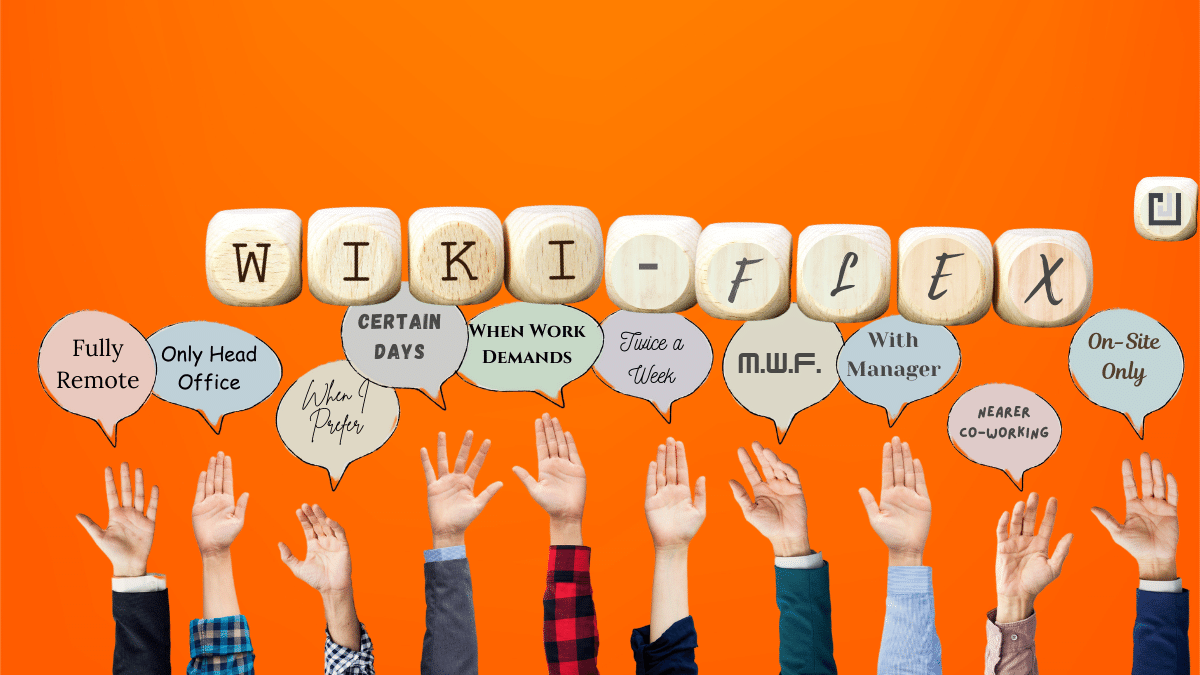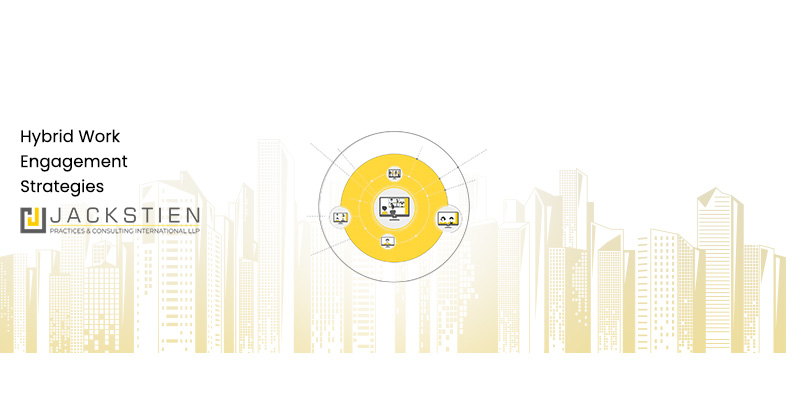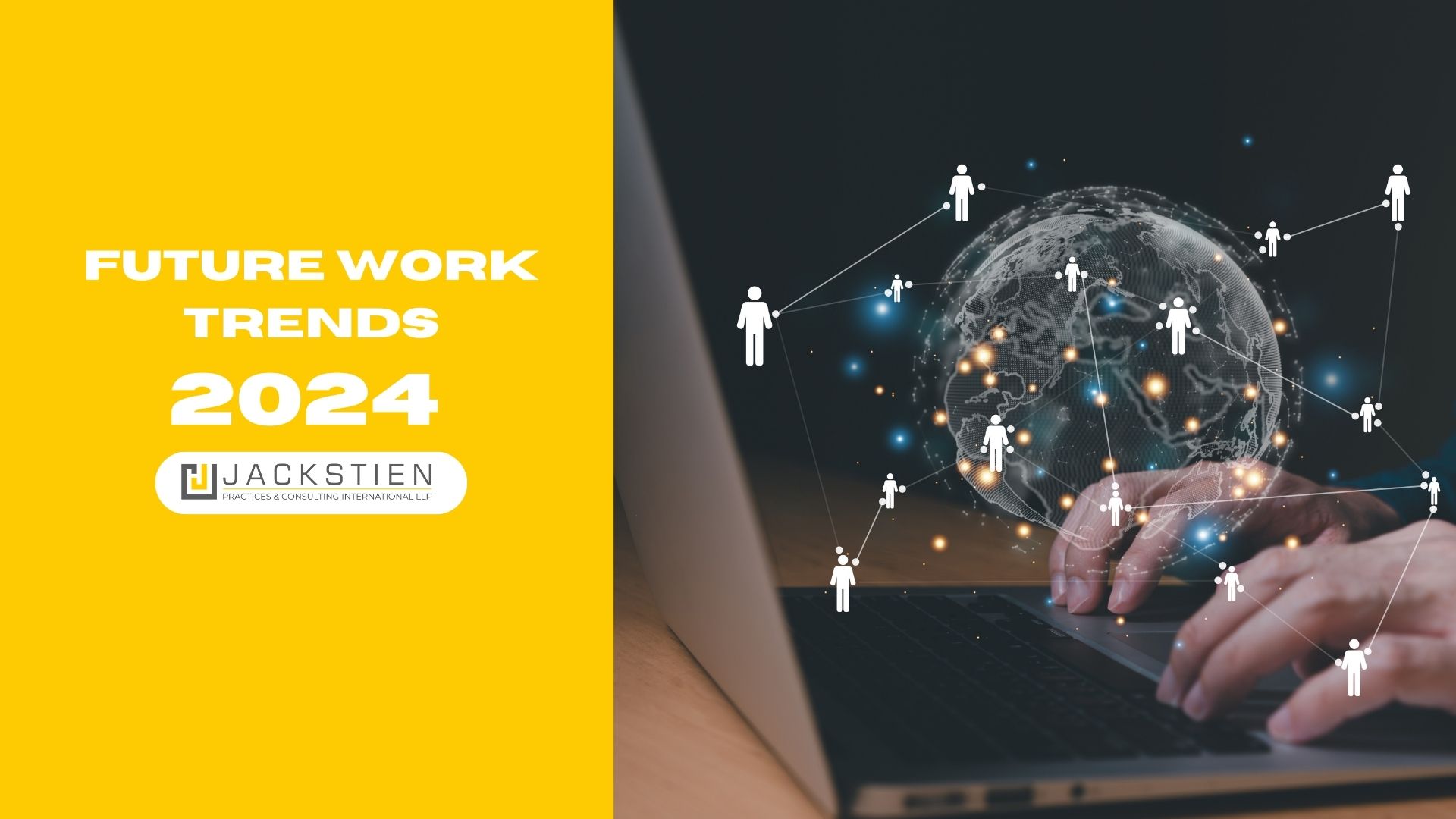There have also been many discussions on the risk of hybrid work structures (in fact, for us, its our job and our area of expertise).
As the economy begins recognizing and utilizing Remote and Hybrid Work models as fundamentally better, there has also been much discussion on the benefits for businesses and employees.
But the benefits to society as a whole haven’t received their fair share of discussion.
But the benefits to society as a whole haven’t received their fair share of discussion.
Let’s look at this aspect. Starting with the impact of Remote and Hybrid work on the human carbon footprint.
The most obvious impact here would the massive reduction in carbon footprint by cutting emissions from billions of hours of daily commutes. However, the impact is much larger than just the traffic emissions. Much much larger. We will touch upon that too.
The reduction in commute:
It is a no-brainer that regular office commute and the carbon emissions that come with it have a direct relationship with climate change.
One of the most domineering global issues at the moment, climate change negatively affects, among many other things, individual health, weather and food production.
Let’s look at one tiny microcosm. In 2021, research from Spain’s Institut de Ciència I Tecnologia Ambiental suggested that due to the traffic reductions triggered by Covid-19 in Barcelona, there was a significant reduction in nitrogen dioxide (the main pollutant generated by traffic emissions) by 10 per cent. If these are the numbers for just one city, the wide-scale positive impacts on a global level will lead to massive improvements. It may not immediately feel so, but 10% is a massive contribution to contributing to our carbon footprint reduction targets.
Now let’s look at how this impact rolls down.
Impact of reduction in commute – change in the buying pattern for cars:
If the need for commute reduces considerably on average, and people use public transport as and when they need to go on-premises. Why, after all, would people need and buy more private motor vehicles or replace existing ones so often? In another microcosm in the context of the United States, KPMG predicts that because of remote and hybrid work, 14 million fewer cars will be needed because people will drive less. Lesser cars mean lesser carbon emissions. This shift in the buying pattern will, of course, bring a change in the vehicle sales sector.
Impact of reduction in commute – change in public transit:
With people and companies operating remotely, there will be reduced congestion on the roads and highways. A 2021 report by the Department of Transportation found that only in the US is air travel predicted to behave at the same level as it was pre-pandemic.
Other modes will remain lower and public transit will see a permanent shift which will be a positive result as far as carbon emissions are concerned.
This change will also trigger a reduction in the construction of infrastructure related to public transport and the millions of tonnes of material that is part of the process.
Impact of change in the car sales and public transport – Reduction in mining ore:
With a change in vehicle sales and vehicles needed for public transport comes a lowered need for materials such as metal and steel that are widely utilized inputs in the auto manufacturing business. These materials are produced from iron ore, and if their requirements are diminished, there will be a direct reduction in mining. Lesser mining would mean lower carbon emissions, and other harmful consequences to groundwater, soil and natural landscapes will also be minimized. Mining is also often directly linked to deforestation and soil erosion in several areas. Add these to the carbon positive benefits of remote and hybrid work.
Next, we look at
the impact of remote and hybrid work on carbon added by construction and real estate.
the impact of process changes driven remote and hybrid work on carbon footprint and deforestation.
Thereafter we will move on to societal benefits other than by way of reduction in the carbon footprint.
Remote and Hybrid work is a gift that keeps giving so long as you risk manage it well.
ABOUT THE AUTHOR
A senior banker from the complex global markets space, Mr Nishant Shah has worked for more than two decades across Citibank, Standard Chartered and JPMorgan Chase before taking over as our Managing Partner. Passionate with word and pen about finance, technology, macroeconomics and future trends, he is a Chartered Accountant by education and the winner of various prestigious awards during his career, including the ‘India Awards for Excellence’.


